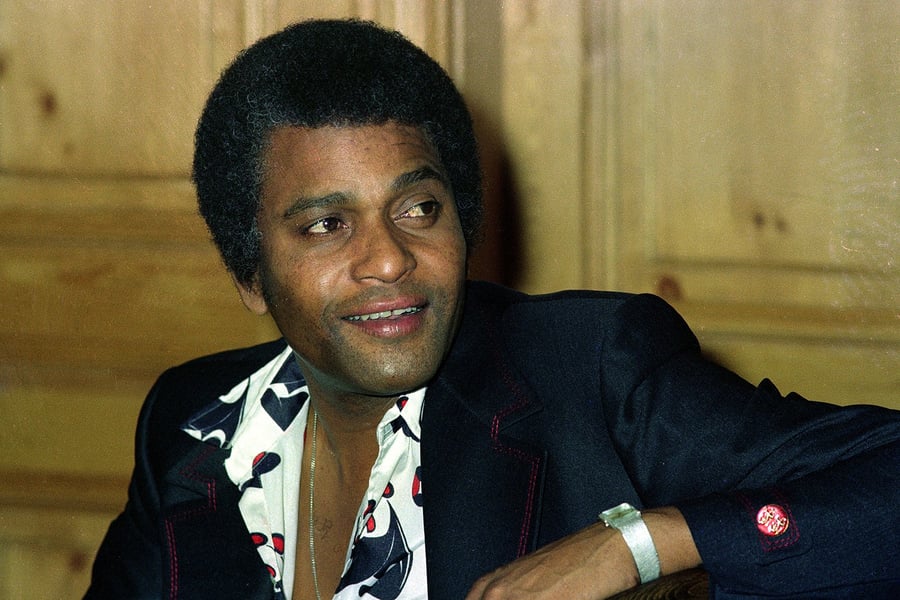Charley Pride: 10 Essential Songs
From his debut single “The Snakes Crawl at Night” to the crossover smash “Kiss an Angel Good Mornin’”

AP
From 1966 to the early Eighties, Charley Pride was a country chart stalwart, scoring 29 Number Ones on Billboard’s Hot Country Songs chart and more than 50 Top Tens in total. With his rich vocals, Pride, who died on Saturday, showed himself to be a master of heartbroken ballads with hits like “Does My Ring Hurt Your Finger” and “Just You and Me.” He also enjoyed considerable crossover success with his signature hits “Is Anybody Goin’ to San Antone” and “Kiss an Angel Good Mornin’,” which propelled him into superstardom at the beginning of the Seventies. As we mourn his death, we look back at 10 essential cuts from the Country Music Hall of Fame member’s remarkable career.
From Rolling Stone US















































